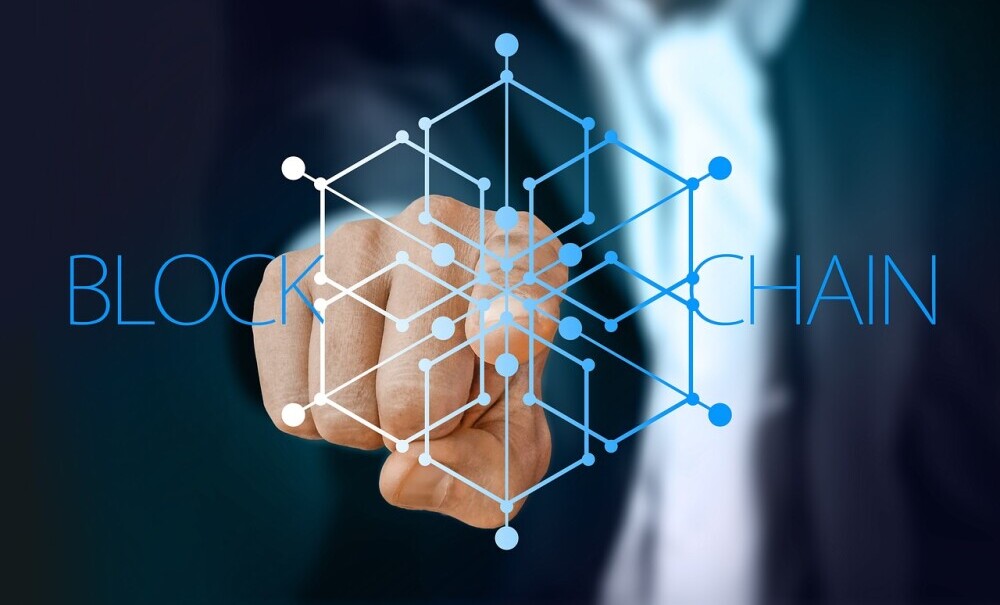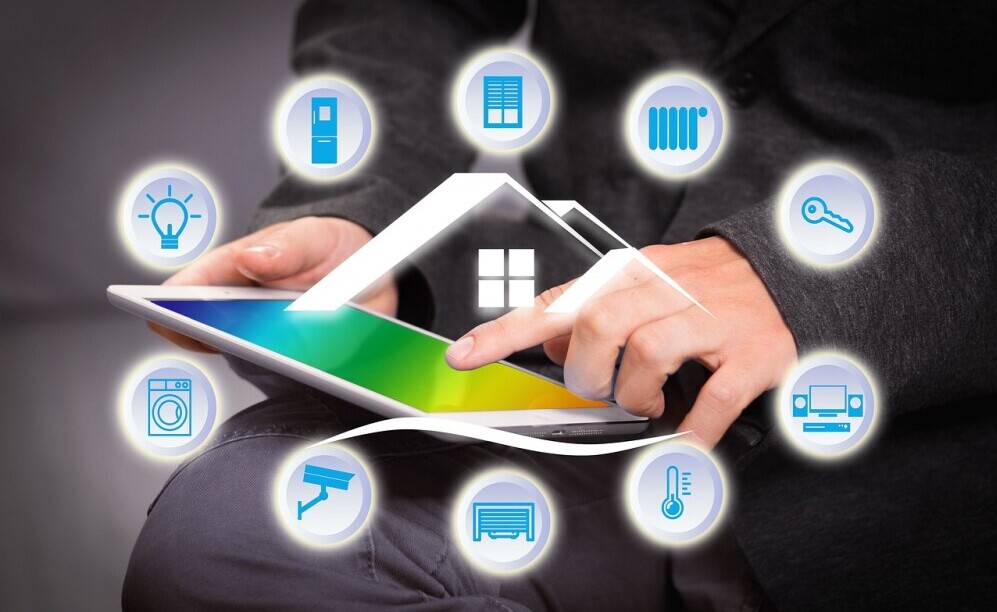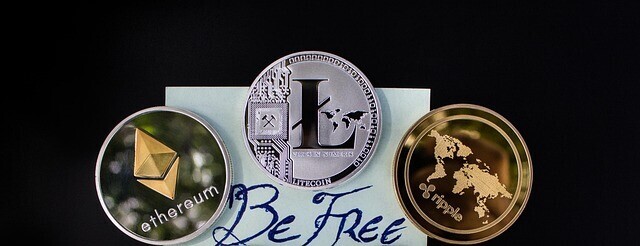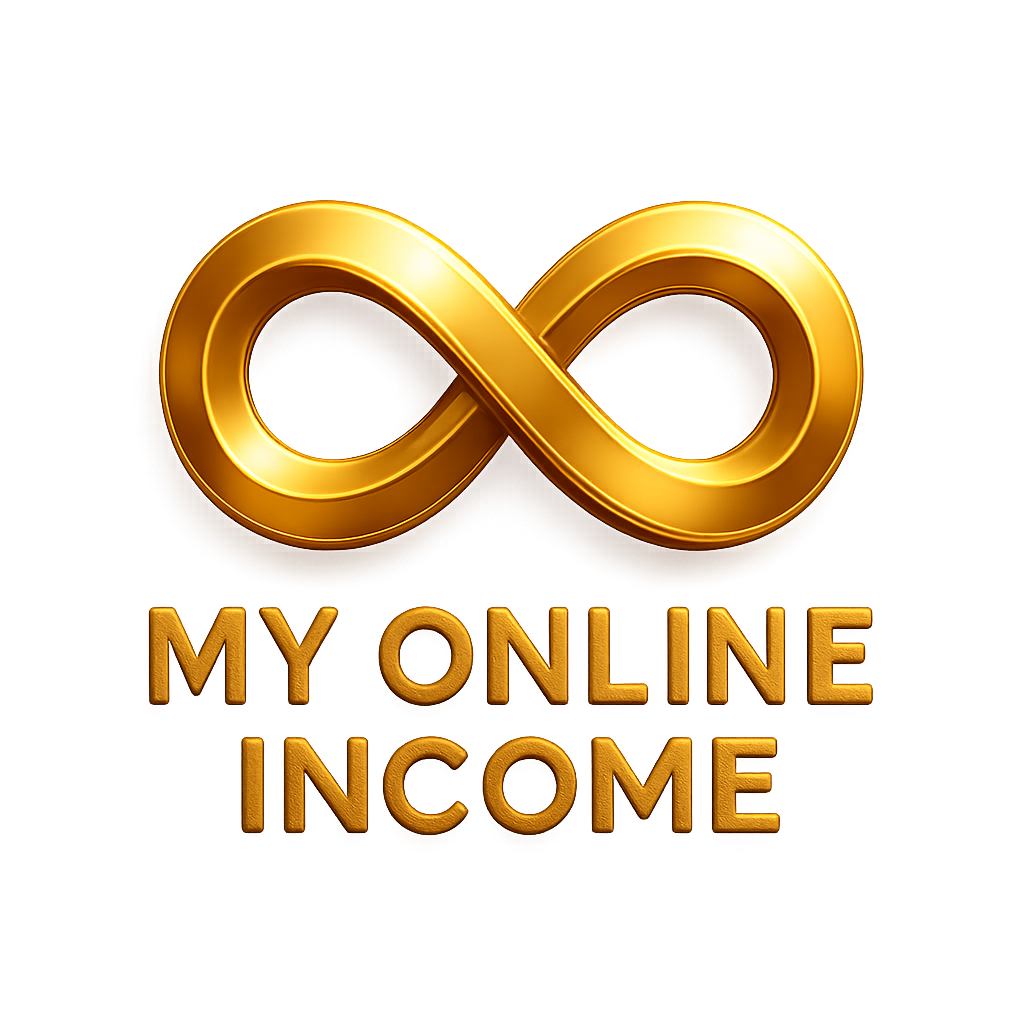The world of blockchain might sound complicated, but it’s not as daunting as it seems when broken down. Whether you’re curious about how it works or considering how to use it for your own projects, this post will guide you through the basics in a clear, simple way and bring you a beginner’s guide to Blockchain, Smart Contacts and Ethereum.
What is Blockchain?
Imagine a digital notebook where you record important information—like transactions or agreements. But instead of one person keeping the notebook, it’s shared among thousands of people all over the world. Once something is written in this notebook, it can’t be erased or changed. This shared, tamper-proof system is what we call a blockchain.
It’s incredibly secure because everyone can see and verify what’s written, but no single person controls it. Blockchain is commonly used to store records of cryptocurrency transactions, but its applications go far beyond just digital money.

What is Ethereum?
Ethereum takes the blockchain concept a step further. Think of it as a super-powered notebook—not only can you record information, but you can also run small programs on it. These programs are called smart contracts, and they allow you to automate actions based on specific conditions.
For example, let’s say you hire someone to mow your lawn. You could create a smart contract that says, “If the lawn is mowed, pay £10.” Once the contract confirms the task is done (we’ll discuss how it verifies this below), the money is automatically sent—no middleman needed.

What are Smart Contracts?
Smart contracts are like digital agreements stored on the blockchain. They’re programmed to execute automatically when certain conditions are met. In the lawn-mowing example:
- You deposit £10 (in Ether, Ethereum’s digital currency) into the smart contract.
- The smart contract holds the money safely, acting like a digital guarantor.
- Once the lawn is mowed and verified, the contract releases the money to the person who did the work.
Smart contracts are transparent and tamper-proof and remove the need for a middleman, making them useful in many areas.
But how does the system verify tasks?
Here’s where things get interesting—smart contracts rely on external input to know whether a condition has been met. This information is provided by oracles, which are systems or tools that connect the blockchain to the real world.
For example:
- Manual Input: The person mowing the lawn might mark the job as complete in an app, which notifies the smart contract
- Sensors or IoT (Internet of Things) Devices: If you have smart technology, a device could detect when the lawn is mowed and send the data
- Third-Party Verifiers: A trusted individual or service confirms the task is done
- GPS or Time Logs: For professionals, location or time spent on the task could be tracked
The blockchain itself doesn’t “know” what’s happening in the real world—it depends on these external sources to provide reliable data.

What are the Risks?
Like any system, blockchain and smart contracts have their challenges. Here are a few to keep in mind:
- Security Flaws: Poorly written smart contracts can be exploited by hackers
- Irreversibility: Once a transaction happens, it can’t be undone—even if a mistake was made
- Legal Issues: Smart contracts may not always align with local laws, creating potential disputes
- Dependence on Oracles: If the oracle data is faulty or manipulated, the system could fail
- Complexity for Beginners: While blockchain is powerful, it can take time to understand and implement correctly
Where is Ethereum Being Used?
Ethereum and its smart contracts are already transforming industries. Here are just a few examples:
- Finance (DeFi): Decentralized platforms for lending, borrowing, and trading without banks
- Supply Chain: Tracking goods from production to delivery
- Real Estate: Automating property sales and agreements
- Gaming: Creating in-game items and currencies that you truly own
- Healthcare: Securely managing patient records
- Art and Collectibles (NFTs): Verifying ownership of digital art, music, and more

Real-World vs. Virtual World Transactions
Blockchain isn’t just for the virtual world—it’s making a real impact in the physical world too.
Real-World Transactions:
- Supply Chain: Companies like IBM use blockchain to track goods, ensuring transparency and reducing fraud
- Real Estate: Smart contracts simplify property sales by automating agreements and transferring ownership securely
- Healthcare: Blockchain securely manages patient data and ensures authenticity in pharmaceutical supply chains
- Insurance: Automating claim processes with smart contracts makes insurance payouts faster and more transparent
- Charities: Blockchain is used to track donations and ensure funds reach the intended recipients without middlemen

Virtual World Transactions:
- Cryptocurrencies: Bitcoin, Ether, and other digital currencies are used for virtual payments and investments
- NFTs: Artists, gamers, and collectors use NFTs for trading digital art, virtual items, and other unique assets
- Gaming: In-game currencies and items can be owned and traded securely using blockchain
- Metaverse: Virtual worlds like Decentraland allow buying, selling, and owning virtual real estate using blockchain
Exploring Existing Apps and Platforms
If you’re intrigued by blockchain, here are some existing platforms and apps worth checking out:
Blockchain Platforms:
- Ethereum: Known for its smart contract functionality and DApps
- Hyperledger Fabric: Popular for supply chain and enterprise solutions
- Solana: A high-speed blockchain for DeFi and NFTs
- Ripple: Primarily used for cross-border payments

Apps and Use Cases:
- OpenSea: A marketplace for trading NFTs
- Uniswap: A decentralized exchange for trading cryptocurrencies
- Axie Infinity: A blockchain-based game that allows players to earn cryptocurrency
- MetaMask: A digital wallet for Ethereum-based tokens and interacting with DApps
- VeChain: Used for tracking goods in supply chains
Why should you care?
Blockchain and Ethereum offer a way to create trust and transparency in situations where it might be hard to trust others. Whether you’re an artist, a business owner, or just someone curious about tech, understanding these tools could open up exciting opportunities in the future.
If you’re thinking about diving in, start small—explore existing apps or platforms and experiment with creating your first smart contract. The possibilities are only limited by your imagination!
Learn More
- 30+ Real Examples of Blockchain Technology in Practice
- 40 Blockchain Applications in 2025
- Ethereum Official Website
- What are NFTs?
Hopefully, this guide has made blockchain, Ethereum, and smart contracts a little less intimidating.
What part of this technology excites you the most?
Related articles
Monetising virtual real estate in The Metaverse
Using AI To Create Content: Excellent Trick Or Terrible Treat?

This is a fantastic beginner-friendly introduction to blockchain, Ethereum, and smart contracts! The article does a great job of breaking down complex concepts into easy-to-understand analogies, like the “digital notebook” for blockchain and the lawn-mowing smart contract example. These real-world comparisons make blockchain technology feel much more accessible to those unfamiliar with it. I also appreciate the discussion on oracles and the role they play in verifying smart contract conditions—something that many beginner guides overlook. The balanced perspective on risks, such as security flaws and irreversibility, is also crucial for anyone looking to explore this technology. Moreover, the real-world and virtual applications highlighted here show just how far-reaching blockchain’s impact can be. If you’re new to the space, this guide is an excellent starting point to grasp the fundamentals and explore potential use cases. Great read!
Hi Andre. Thanks so much for your kind feedback. I’m delighted that you found the analogies and examples helpful. Making complex ideas relatable is something I aim to do, so I’m glad the “digital notebook” and lawn-mowing examples appealed to you. I also agree that understanding aspects like oracles really adds another layer of practicality when exploring blockchain tech.
Is blockchain something you’re considering getting involved in or just exploring at the moment? I’d love to hear your thoughts! I’m considering using it for some digital assets I’m creating.
Great intro to a topic that can feel overwhelming at first—this guide really helped simplify things. I especially liked the smart contract example with the lawn mowing—it makes the tech feel way more relatable. It’s wild to think how much of our real-world systems could eventually run on blockchain, from finance to healthcare.
As someone exploring online business and digital assets, I’m wondering—how realistic is it for a beginner to start building something on Ethereum without a tech background? Are there platforms that make it more user-friendly for non-coders?
Hi Vlad, thanks so much for your feedback. I’m glad you found the lawn-mowing example helpful! Making these complex topics approachable is really what I was aiming for.
Your question about beginners building on Ethereum is spot-on. While diving straight into blockchain tech can seem intimidating without a coding background, there are actually several user-friendly platforms designed specifically for non-coders and lot of YouTube videos to help too. Tools like OpenZeppelin, Thirdweb, or Moralis offer straightforward interfaces that let you create smart contracts and blockchain apps without needing to write code from scratch. These platforms simplify the process and make Ethereum development accessible, even for total beginners. The type of contract you choose would be dependent on your industry or interest.
Are you considering exploring a specific idea or project? I’d love to hear more about what you’re interested in creating!